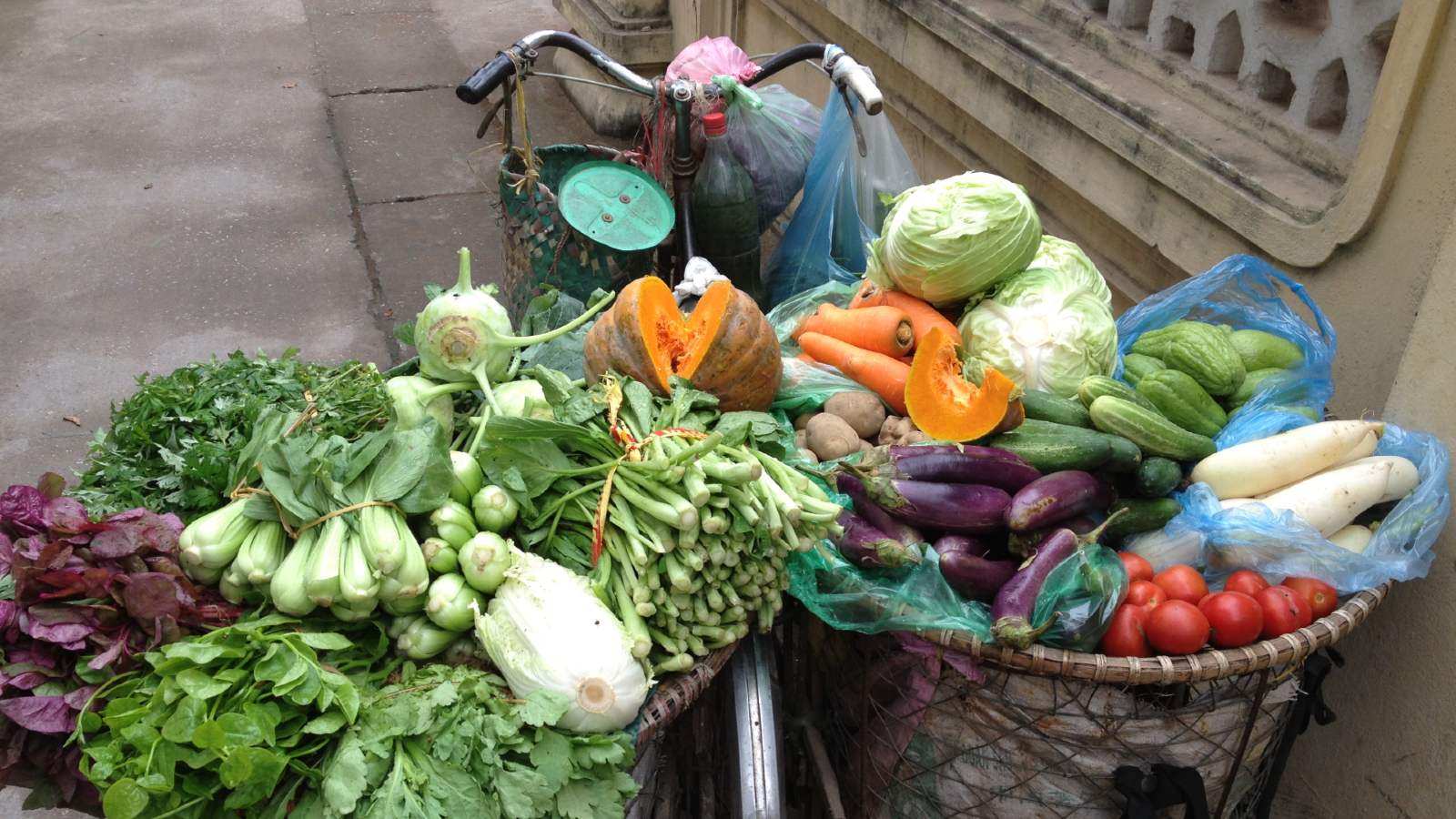Controlled Environment Agriculture (CEA) is the production of plants, fish, insects or animals inside structures, such as greenhouses and buildings, in controlled conditions. In a rapidly urbanizing world, CEA can contribute to sustainable development, e.g. through reduced use of land, water and inputs. There is a need for innovation in policy, technology and business practices […]
